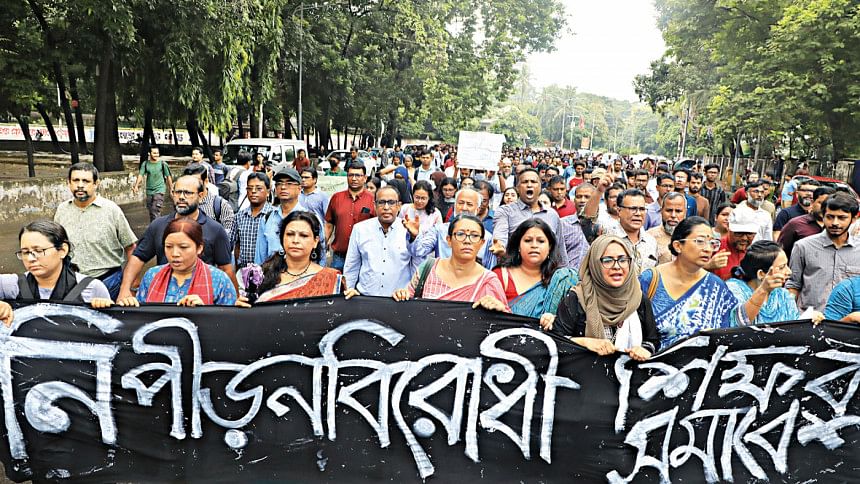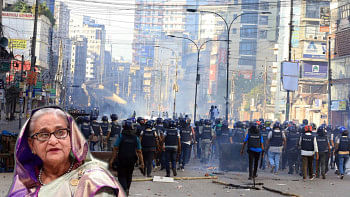Rethinking the Role of Intellectuals

The role of intellectuals in society has been extensively examined from both western and southern experiences, often categorising them based on their application of knowledge. However, in the age of global capitalism, traditional factory-based production systems no longer define who sells their brain versus labour. A significant portion of the workforce now operates in the service sector that is founded upon white-collar credentials which are necessary determinants of the new service class as non-blue-collar, i.e., non-working class. Therefore, it is necessary to have a re-evaluation of middle class and their intellectual contributions, incorporating hybridity and neoliberal capitalism. However, not all contributors are deemed intellectuals, as many do not produce original knowledge.
Historically, Bengali intellectuals like Ishwar Chandra Vidyasagar and Rokeya Sakhaowat were pivotal in bringing social reform and advancing the cause of academic advancement for all. They used knowledge to challenge societal norms and create transformative ideas, often through academic institutions that nurtured and legitimised their efforts. Modern educators, too, have the potential to earn the intellectual label by engaging in similar pathways of thought and innovation. While Bangladeshi teachers play a role in fostering new perspectives, the consistency and efficacy of such efforts remain questionable. Intellectual pursuits today are influenced by numerous factors, including motivations for generating insights, external pressures, and the dynamics of stakeholders such as the job market and beneficiaries. Global interconnectedness, driven by technology and shared sociological realities, underscores the responsibilities of contemporary Bangladeshi intellectuals. These individuals must navigate the challenges of global narratives, engaging with extended processes of knowledge creation and dissemination.
The July uprising illustrated this through evocative artwork. A metro rail pillar was adorned with a graffiti depicting Abu Sayeed's mother saying, Hmar Chelekl Marlu Kene? Such illustrations may not fit within the traditional category of aesthetic artwork, yet today they can be regarded as art of the highest order due to their profound influence on public consciousness. This is precisely what intellectuals do—they provoke thought and inspire action. Intellectuals pave the way for innovative ideas and critical thinking. Unfortunately, during the authoritarian Awami League (AL) regime, even celebrated intellectuals and artists often refrained from articulating the struggles of ordinary Bangladeshis. In contrast, the protests empowered previously marginalised groups, including lower-income communities and students, to articulate their grievances through creative means. This shift signifies a redefinition of intellectualism in the context of globalisation, where new-age thinkers and activists challenge long-standing hierarchies.
Following the fall of the AL on 5 August, fresh narratives have emerged, prioritising inclusivity and engagement with the masses. Intellectuals must now move beyond middle-class confines, fostering thought processes that resonate with broader audiences. This is particularly crucial in Bangladesh, where intellectuals have sometimes misled the public, exacerbating societal divisions.
Today, public spheres are contested spaces, reflecting negative populist trends and constrained freedoms of the marginalized. Reclaiming these spheres demands intellectual engagement that serves both majority and minority interests to create a cultural mosaic with sharp and broken edges, that do not lose uniqueness of each piece but creates an unity in diversity. The path ahead necessitates genuine commitment to the collective welfare, ensuring that intellectual contributions address the needs of an evolving society.
Samina Luthfa is an activist-researcher and a playwright-actor. She is an associate professor in the Department of Sociology at Dhaka University.
The article was transcribed by Nihad Nowsher of The Daily Star.

 For all latest news, follow The Daily Star's Google News channel.
For all latest news, follow The Daily Star's Google News channel. 



Comments